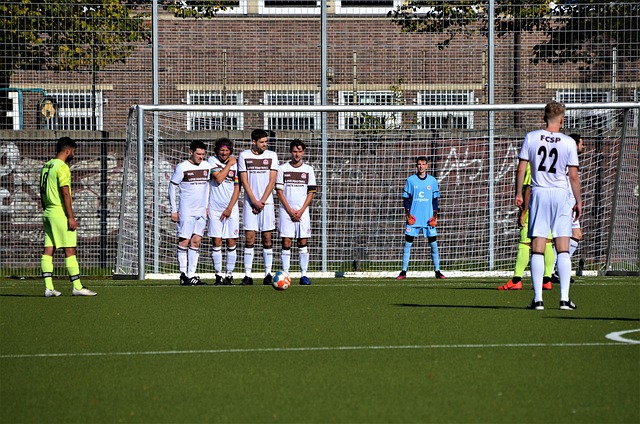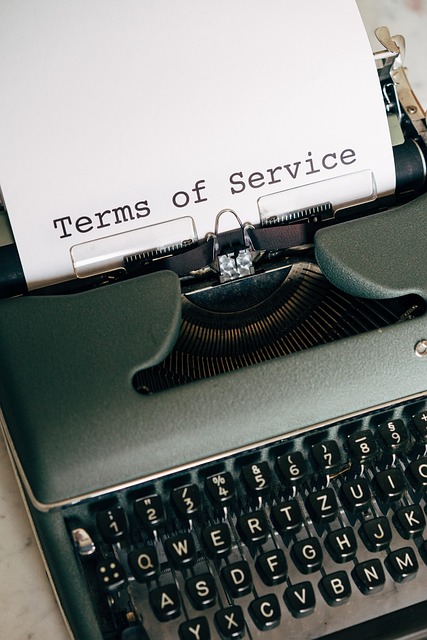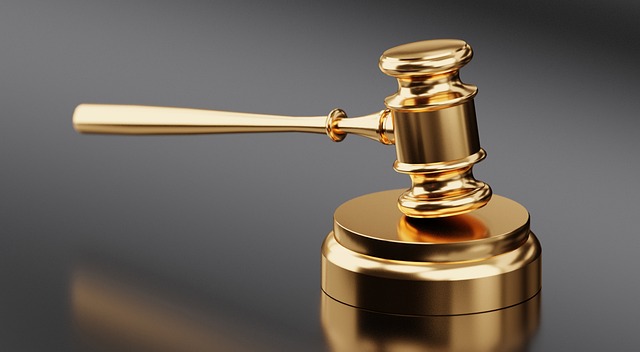Fair trial advocacy is a critical component of criminal defense, ensuring every accused person receives a just and unbiased legal process. Defense attorneys employ various strategies, such as challenging biases, adhering to procedures, and presenting compelling evidence, to protect their clients' rights. They navigate complex systems, prevent constitutional violations, and uphold the integrity of the criminal justice process, minimizing the risk of miscarriages of justice. Effective fair trial advocacy includes active participation throughout legal proceedings, timely objections, strict adherence to rules, challenging evidence, and presenting strong arguments. Overcoming challenges like language barriers and evolving digital evidence is essential for successful advocacy, ultimately protecting individuals' rights. Notable cases demonstrate the power of fair trial advocacy in safeguarding defendant rights.
In the pursuit of justice, ensuring a fair trial is paramount. This article explores the critical role of legal professionals in safeguarding the rights of defendants during criminal defense battles. We delve into key strategies for achieving impartial proceedings and analyze challenges that hinder fair trial advocacy. Through real-world case studies, we present success stories highlighting effective approaches to protect defendant rights, emphasizing the importance of understanding and advocating for fair trial principles.
- Understanding Fair Trial Advocacy: A Cornerstone of Criminal Defense
- The Role of Legal Professionals in Safeguarding Rights
- Strategies to Ensure a Just and Impartial Proceedings
- Challenges Facing Fair Trial Advocacy and How to Overcome Them
- Case Studies: Success Stories in Protecting Defendant Rights
Understanding Fair Trial Advocacy: A Cornerstone of Criminal Defense

Fair trial advocacy is a fundamental pillar in criminal defense, ensuring that every accused individual receives a just and impartial proceeding. It encompasses a range of strategies and actions aimed at protecting their rights throughout the legal process. Defense attorneys play a pivotal role in advocating for this fairness by challenging any potential biases, ensuring proper procedure, and presenting compelling evidence on behalf of their clients.
By focusing on fair trial advocacy, lawyers can navigate complex legal systems, safeguard against constitutional violations, and ultimately preserve the integrity of the criminal justice process. This approach is essential to ensure that the rights of the accused are respected, and any potential miscarriages of justice are minimised.
The Role of Legal Professionals in Safeguarding Rights

Legal professionals play a pivotal role in safeguarding the rights of individuals involved in criminal defense battles, ensuring everyone receives a fair trial. Defense attorneys and advocates are the primary guardians of due process, upholding the principles of justice and fairness within the legal system. They navigate complex laws and procedures to ensure their clients’ rights are protected at every stage, from initial investigations to final appeals.
These professionals utilize their expertise to challenge evidence, interrogate witnesses, and advocate for alternative sentences, ensuring the accused receives a just defense. Through relentless fair trial advocacy, they expose potential biases, protect against wrongful convictions, and safeguard the constitutional rights of those facing criminal charges.
Strategies to Ensure a Just and Impartial Proceedings

Ensuring a just and impartial proceeding is paramount in criminal defense, where the focus should be on protecting individual rights and upholding the integrity of the legal system. Effective strategies for achieving this include robust fair trial advocacy, which involves actively participating in every stage of the process. This means making timely objections to any procedural irregularities or evidentiary inconsistencies, ensuring that all rules are followed strictly.
Legal professionals play a crucial role in navigating these proceedings, guiding clients through potential pitfalls and advocating for their rights. They must be adept at challenging evidence, cross-examining witnesses, and presenting compelling arguments on behalf of the accused. By employing these strategies, the defense can maintain a level playing field, ensuring that justice is not only sought but also achieved within the legal framework.
Challenges Facing Fair Trial Advocacy and How to Overcome Them

Fair trial advocacy faces numerous challenges, particularly in complex criminal defense cases. One significant hurdle is ensuring effective communication between lawyers and their clients, especially when language barriers or cultural differences exist. Accurate interpretation services are crucial to bridge this gap, allowing for proper legal representation and a just outcome.
Another challenge arises from the evolving nature of technology. As digital evidence becomes more prevalent, advocates must stay updated with its handling and presentation techniques. Proper training and access to cutting-edge tools enable lawyers to navigate this digital landscape, ensuring that all evidence is properly assessed and used in defense strategies. Overcoming these challenges is essential for successful fair trial advocacy, ultimately safeguarding an individual’s rights during legal proceedings.
Case Studies: Success Stories in Protecting Defendant Rights

In the realm of criminal defense, success stories highlighting the protection of defendant rights serve as powerful examples of fair trial advocacy. One notable case involves a client accused of a crime they did not commit. Through diligent investigation and robust cross-examination, the defense team exposed inconsistencies in witness testimonies and crucial physical evidence, ultimately leading to a not-guilty verdict. This triumph underscores the importance of thorough legal strategies in safeguarding the rights of the accused.
Another compelling study focuses on a defendant facing severe charges due to flawed police procedures. The defense attorney successfully challenged the admissibility of evidence obtained without proper warrant or consent, employing legal precedents and constitutional arguments. This approach not only secured a favorable outcome but also highlighted the role of fair trial advocacy in ensuring that justice is served without compromising individual liberties.






